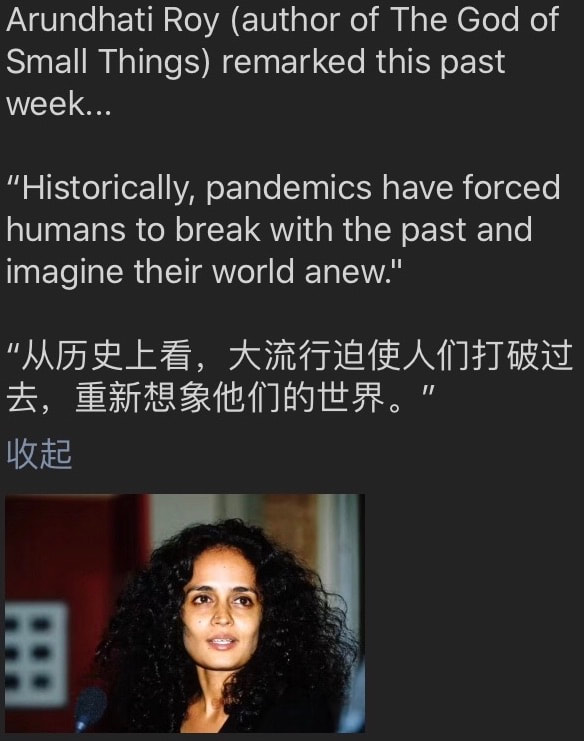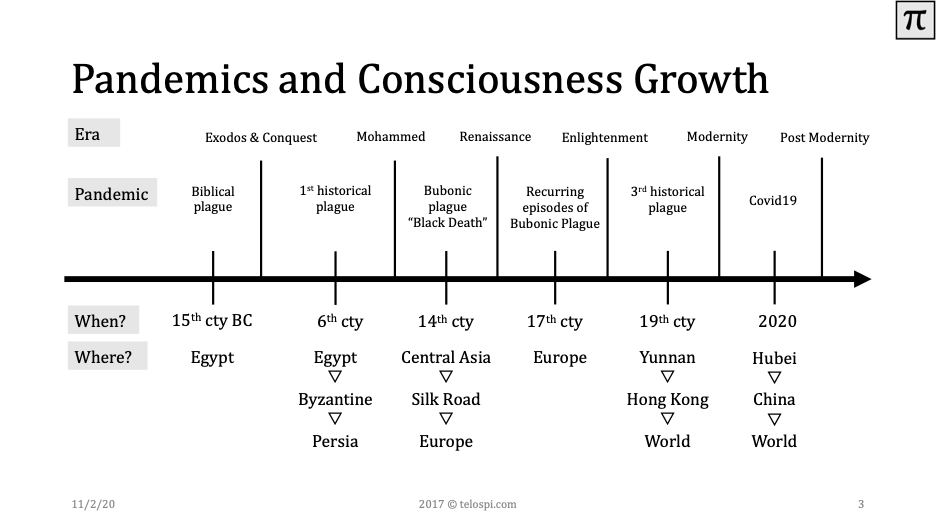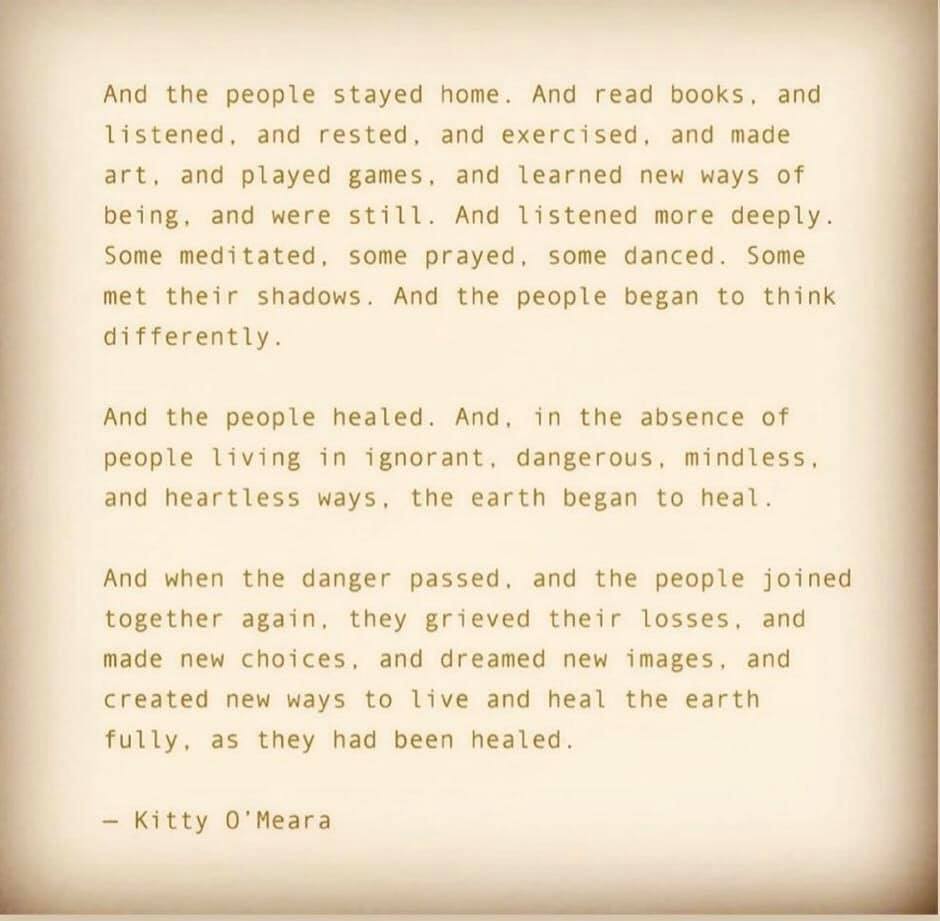There is however one outstanding quote by Indian novelist Arundhati Roy, which hits the bull's eye: "Historically, pandemics have forced humans to break with the past and imagine their world anew." The 2nd bubonic plague triggered the end of the dark ages and the emergence of Renaissance. Recurrences of the 2nd bubonic plague gave way to the enlightenment movement and the 3rd bubonic plague to the 19th century revolutions which led to the decline of Empires and Aristocracy.
Some day soon a book will be written like the one above right which will not be titled "The Black Death and the End of the Dark Ages" but "Covid-19 and the End of Modernity". Humanity is at the brink of another major transformation which might rejuvenate a decaying democracy through technological decision making and extend spheres of justice from a few wealthy nations to a united mankind. It might also produce an enlightened absolutism in which Xi Jinping continues the tradition of enlightenment kings like the Prussian Frederick the Great (1740-1772). Who can say for sure? The only thing that is certain about the future is that it will be different.
Regulations on compulsory vaccinations like the one introduced in Austria on Feb 1 are the product of societies which are not ready to embrace diversity and tolerance. They are fascist in nature and repeat a cultural phenomenon which has materialized in our cultures over the course of history in various forms: the inquisition of the catholic church, the final solution in regard to European Jews, the genocides committed by Tutsis and Hutus, the recurring wars between Israelis and Lebanese, etc.
Courageous Chinese netizens shared at the beginning of the Covid-19 outbreak a clip from Victor Hugo's Les Miserables on wechat and pointed at the nontransparent top-down approach of the government. Courageous Austrian citizens demonstrate these days in many cities against a regulation which ignores human integrity for the sake of keeping industrial working and schooling conditions in place.
The future might not be known, but in the words of Peter F. Drucker, the only thing that we know about the future is that it will be different. The best way to predict the future is however to create it.



